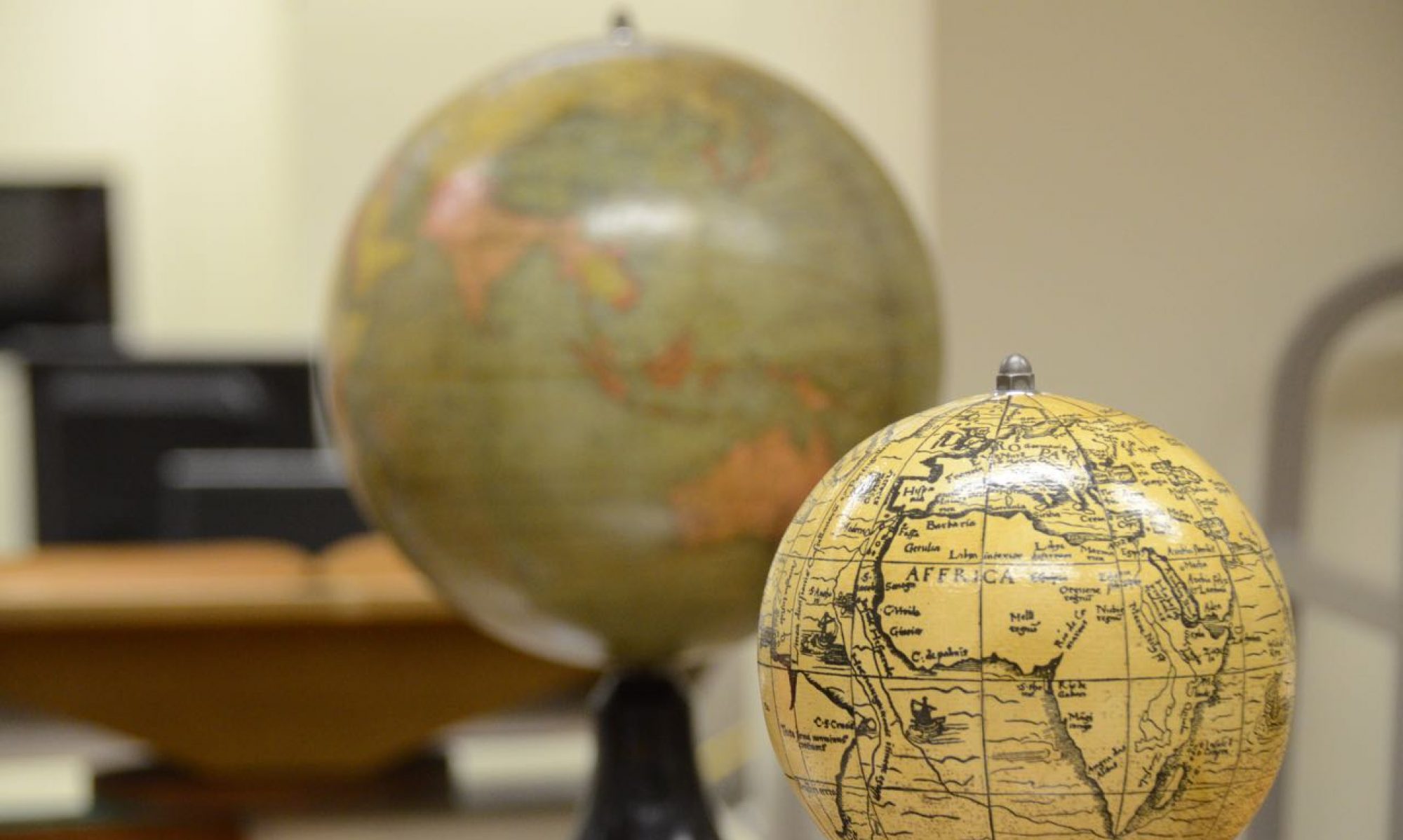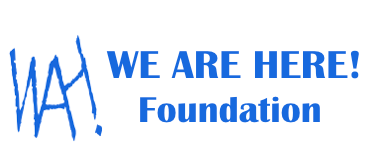Kimberley Newsletter
Moshe Bernstein

The specified slider is trashed.
Rabbi Dr Moshe Yehuda Bernstein is a native of Quincy, Massachusetts. Prior to moving to Australia in 1993, he studied for nine years in the Klausenberg Rabbinic Academy in Safed, Israel, concurrently receiving a diploma in Rabbinic Studies from the Eeyun ha-Talmud Institute in Monsey.
After coming to Australia, he worked as Director of Jewish Studies for secondary schools in Sydney and, later, after settling in Perth in 1996, at Carmel School for eight years. He has lectured extensively at schools throughout Western Australia and in adult education programmes for both the Jewish community and general public. He also served on the executive board of the Curriculum Council and the Council of Christians and Jews Western Australia. In 2010 he completed a BA majoring in Mandarin Chinese at Curtin University, spending a semester on exchange at Beijing Language and Culture University.
In 2016 at UWA he completed his doctoral thesis, Globalization, Translation and Transmission: Sino-Judaic Cultural Identity in Kaifeng, China,examining the cultural identity of the Chinese Jews. It was published by Peter Lang AG in January 2017. Moshe is currently a research fellow at Curtin University, working on a historical fiction at the China Australia Writing Centre, in collaboration with Fudan University in Shanghai. He is a member of the International Advisory Board of the Sino-Judaic Institute in Pal Alto, California and has lectured extensively in Europe, Australia, the US and China on themes relating to Sino-Judaic history and culture. He has also published several journals articles and contributed to various academic anthologies. He currently resides in Roleystone, Western Australia with his wife Batsheva.
Dr Bernstein’s Papers:
https://independent.academia.edu/MosheYehudaBernstein%E7%8E%89%E6%A2%A6%E8%88%8D
Amazon links to Dr Bernstein’s thesis and two anthologies to which he has contributed:
https://www.amazon.com/Globalization-Translation-Transmission-Sino-Judaic-Cultural/dp/3034325436
https://www.amazon.com/Chinese-Jews-Kaifeng-Millennium-Adaptation/dp/1498550266
https://www.amazon.com/Contemporary-Jewish-Identities-Post-Modern-Society/dp/1618114204
Staff profile at Curtin University. Scroll down to “Overview”:
https://staffportal.curtin.edu.au/staff/profile/view/Moshe.Bernstein
Yom Hashoah At Bialik, Toronto
In May 2017 I first invited schools to participate in a new project for Yom Hashoah.
So it is with great pleasure I share with you a couple of videos made this week by the students of Bialik Hebrew Day School in Toronto, Canada
The Partisans’ Song sung by Grade 6 students
The Partisans’ Song sung by Grade 6 students

Bialik Hebrew Day School, Himel Branch, Toronto Canada 2 May 2019 Yom Hashoah Commemoration assembly. Singing in Yiddish followed by Hebrew.
Source: youtu.be/1I94o3z39Xc
The Partisan Song sung by Grade 5 students
The Partisan Song Grade 5

Bialik Hebrew Day School, Toronto Canada, 2 May 2019 Yom Hashoah Commemoration assembly.
Source: youtu.be/tQSt3CkD5Js
Thanks to:
Assaf Mordachay, Beverley Young and Kathy Friedman
Home – Bialik Hebrew Day School
Home – Bialik Hebrew Day School

The Jewish Day School for Today’s Generation.
Source: bialik.ca
For the expanded and updated project, visit:
Learn The Partisans’ Song | tangential travel
Learn The Partisans’ Song | tangential travel
The Partisans’ Song, Zog Nit Zeynmol, has now been translated into 27 languages, the latest being Mongolian:
YIDDISH, HEBREW, ENGLISH, POLISH, BELARUSIAN, RUSSIAN, GERMAN, SPANISH, CZECH, DUTCH, ITALIAN, ROMANIAN, FRENCH, SWEDISH, PORTUGUESE, NORWEGIAN, JAPANESE, FINNISH, SWISS GERMAN, SLOVAK, GREEK, AFRIKAANS, UKRAINIAN, SERBIAN, NOONGAR , ARABIC, XHOSA, ZULU and MONGOLIAN.
In this way we can all share the song’s powerful and positive message and, at the same time, embrace the legacy of the partisans, of those who were incarcerated in the ghettos and the camps and of the Holocaust survivors. See translations below.
A Project For Your School Recite or sing the Partisans’ Song in your home tongue, or in a language you have learnt. Make a video, which can be as creative as you wish or just a simple recording. For the poem, each verse is made up of four lines. For the song, the last two lines in each verse are repeated.
Source: elirab.me/znk
The Long Road Back
Knysna to Cape Town
Knysna to The Wilderness
Oudtshoorn Synagogue
https://www.outeniquachootjoe.com
https://kehilalinks.jewishgen.org/oudtshoorn/Home.html
Route 62
Ronnie’s Sex Shop
Bnei Akiva Camp 1964
The 1964 Bnei Akiva Camp was held at Keurbooms River near the lagoon, just outside Plettenberg Bay.


March 2019
I visited the site and spoke with Chris Hops, whose family owns the Caravan Park and site where the camp was located for several years in the 60s.



Chris showed me what’s left of the foundations of the chadar ochel – dining room area.
https://jel.jewish-languages.org/words/1578
If you have any info or photos of the 1964 camp, please contact me!
Bnei Akiva South Africa | The Land of Israel, for the People of Israel, According to the Torah of Israel
Bnei Akiva South Africa | The Land of Israel, for the People of Israel, According to the Torah of Israel
The best 3 weeks, spend with your mates, in the holy land.
Source: bnei.co.za/
The Gardens Community Centre
Cape Town

The Cape Town Holocaust & Genocide Centre



The Museum
The Gardens Shul
The Gitlin Library
http://www.gitlinlibrary.co.za/ActiveConnect/default.html
Cafe Riteve
Green & Sea Point 2019
Here are some posts of my recent visit to South Africa in March 2019
At the Stadium & On The Beachfront
The fog coming in!
On the Sea Point Beachfront
With family
Beyachad Educators
From Tachlis, Michele Gogoski & Elona Steinfeld, Beyachad, Johannesburg:
Eli, who is the founder of the We Are Here Foundation, gave an inspirational presentation about the importance of educating Jewish youth about the Holocaust and the Jewish partisans during the World War II. The talk was accompanied by video footage of the youth of various communities across the globe, who have been taught and are being taught to sing the famous Partisans Song – Zog Nit Keyn Mol (Shir HaPartizanim).
His message is loud and clear: WE MUST NEVER FORGET!
For more information please visit the website
WE ARE HERE! An Education Program That Inspires Upstanders

From Stan Smookler on the Good Shabbas Newsletter
I attended a Lecture by Eli Rabinowitz @ Beyachad last week, and it was a VERY interesting discussion, the Subject being “ Zog Nit Keynmol’ ( Never say never again), the Partisan’s song…. see https://wah.foundation/ …. I never realized that such a project would have soooo many opinions and ‘Machlokes’ …. The project is to revive the Partisan song that was written by Hirsch Glik in the concentration camps…… The project involves getting schools to start learning the song and of course understanding the meaning…. Eli has teamed up with various Schools, especially in Russia, Poland, Souff Effrikka etc, and World Ort have given him huge assistance, with ORT schools around the World joining in the programme….. The question is ; Should the Song be sung/learnt in any other language than Yiddish, as this is what it was started as…???? Methinks, yes, as it will get lost if not promoted.
At the meeting were a few knowledgeable people in Yiddisher circles, and Saul Issroff ( Absoluuuuut BOFF on Lithuania) from London (Ex PE ‘Amolikke Yoren’), Eli Goldstein who is very involved in the teaching of Yiddish in Joburg, Ishvara Dhyan, who takes walking tours of Joburg, and covers many of the old Yiddisher places, Rabbi Moshe Silberhaft (The Travelling Rabbi) ,Darryl Frankel (King David) Marc Latilla who runs a website Johannesburg 1912, which has a lot of info on many suburbs (in detail) and Joburg City … , https://johannesburg1912.wordpress.com/ where you can find in depth info on Joburg/suburbs….. Tali Nates from the Holocaust Museum also came, and Eli did a show with Howard Feldman on Chai FM 91.7 .. Pictures; http://www.stantgsm.com/category/pictures/4
ChaiFM – my interview by Howard Feldman



ChaiFM
With some of the educators who attended my presentation.




Also caught up with:


Coming Up



Busy times ahead!


My topic is:
Projects That Draw Youth to Ancestral Roots.

A Special Program for Jewish Educators
Sunday, July 28, 2019
The IAJGS International Conference on Jewish Genealogy is being held in Cleveland for the first time. It features a special day designed specifically for Jewish educators!
Who Should Attend
Educators who:
- Work in formal and informal settings
- Work in day or synagogue schools
- Create and facilitate family and intergenerational programs
- Teach history
- Teach writing and research skills
Sunday, July 28th is the date. The program begins with breakfast and a keynote by noted Jewish educator and genealogist Carol Oseran Starin, former Vice-President of the Jewish Federation of Seattle. Participants may select from two workshop time periods, each with a choice from three nationally known presenters, followed by lunch and idea exchanges.
Program Details
Goal
To introduce educators to how Jewish genealogy strengthens students’ Jewish identity through the experience of researching their roots and how their history shaped family and community.
Schedule
| 8:30–9:00 | Registration and light breakfast |
| 9:00–10:00 | Keynote speaker: What is Jewish about Jewish Genealogy, Carol Starin |
| 10:15–11:15 | Three workshop sessions
|
| 11:30–12:30 | Three workshop sessions
|
| 12:30–1:15 | Lunch and “tachlis” how to implement ideas |
| 1:15–2:45 | Participation in SHARE Fair and Exhibits |
| 2:45–4:00 | Education track participants are invited to the conference keynote address |
| Title of the Presentation | Projects That Will Draw Our Youth Back To Their Shtetl |
| Short Title | Visit the shtetl: the virtual way forward! |
| Type of Session | Presentation |
| Topic or Category | Jewish History and Culture Methodology and Mechanics Telling Your Family Story Using Technology for Research |
| Brief Abstract of Your Presentation | Since 2011, and after nine trips to Poland and Lithuania, as well as travel to Belarus, Germany, Russia, Latvia, Czech Republic, Estonia, Turkey and Israel, I have compiled a sizeable collection of information, stories, photos and contacts. My focus is not only about my own family history, but that of Jewish cultural history, general history, as well as contemporary Jewish life. Working with schools in these countries, I have been able to bring students together online to collaborate and to exchange information about the lands of their heritage. My presentation takes you on a tour of how you can use this body of work to further your own knowledge on family research, Jewish cultural heritage and Jewish life. This includes a tour of my 86 JewishGen KehilaLink websites, including 55 in Europe, plus over 600 posts and pages on my Tangential Travel and Jewish Life website and associated social media. |
| Presentation is best suited for | All skills |
| How will your presentation help your intended audience? | Expand research skills Develop interview skills Teach best practices Expand social media skills Teach innovative strategies Assist with personal research |
| Title of the Presentation | WE ARE HERE! Project: Becoming An Upstander Rather Than A Bystander |
| Short Title | How Jewish Partisans Inspire Our Youth To Stand Up |
| Type of Session | Presentation |
| Topic or Category | Genealogy and Jewish History Related to WW2 Jewish History and Culture Methodology and Mechanics Preserving our Jewish Past |
| Brief Abstract of Your Presentation | WE ARE HERE! Project This project seeks to inspire in young people the confidence and ability to stand up in the face of prejudice and oppression. Encourages and inspires Upstanders through the stories of Jewish Partisans and the learning of Zog Nit Keynmol Provides role models for standing up for yourself in the face of prejudice, hatred, violence and evil Shows that an individual can make a difference – regardless of their personal circumstances Translates the stories of Jewish Partisans and the words of Zog Nit Keynmol into a universal message of hope and inspiration for all who are victims of prejudice and oppression Empowers young people to create the change they want to see in their communities and the world. Teaches that while the partisans used weapons – they were fighting the Nazis – you can fight oppression with only your voice and presence |
| Presentation is best suited for | All skills |
| How will your presentation help your intended audience? | Teach best practices Expand social media skills Teach innovative strategies |


http://ctholocaust.co.za














































































































































































































































































